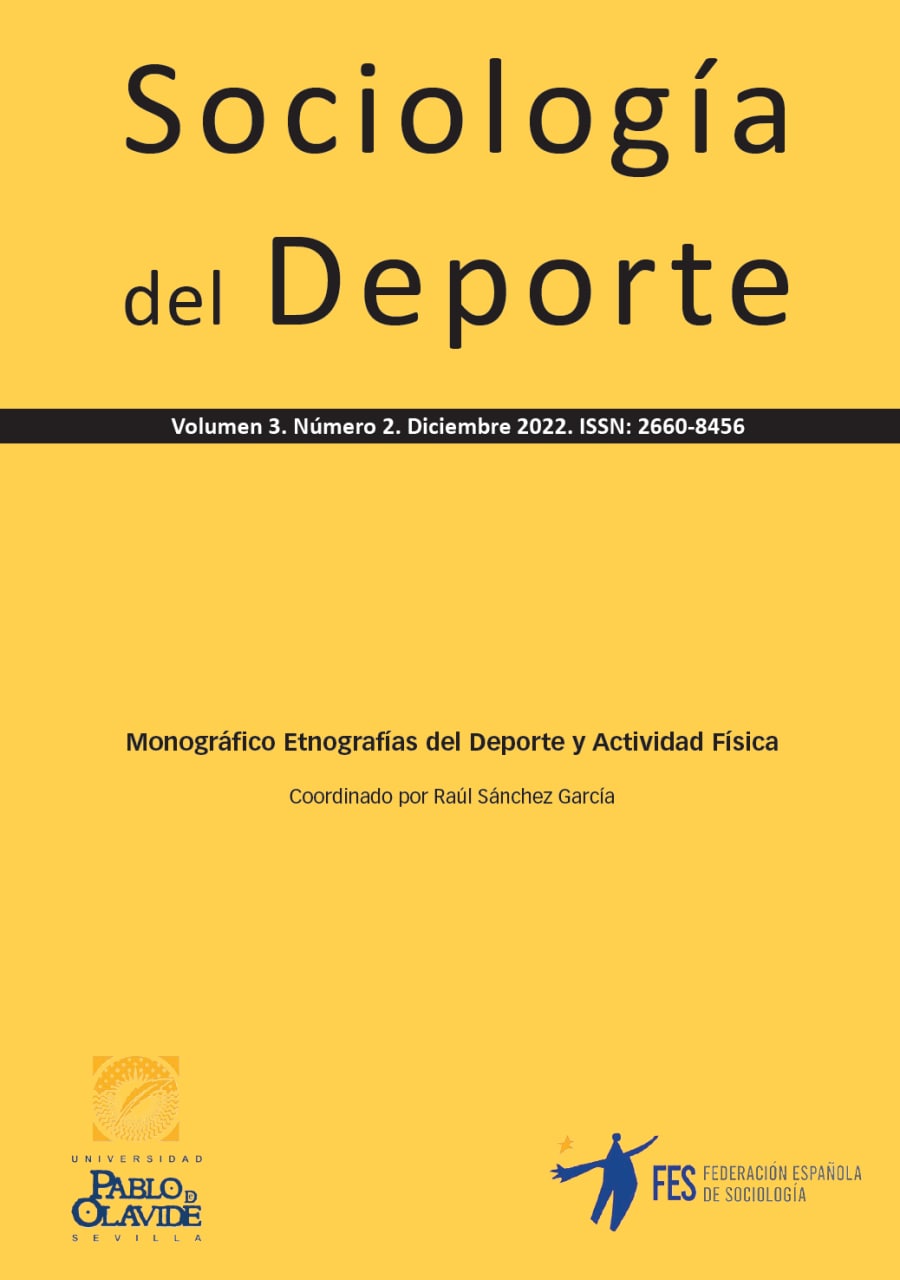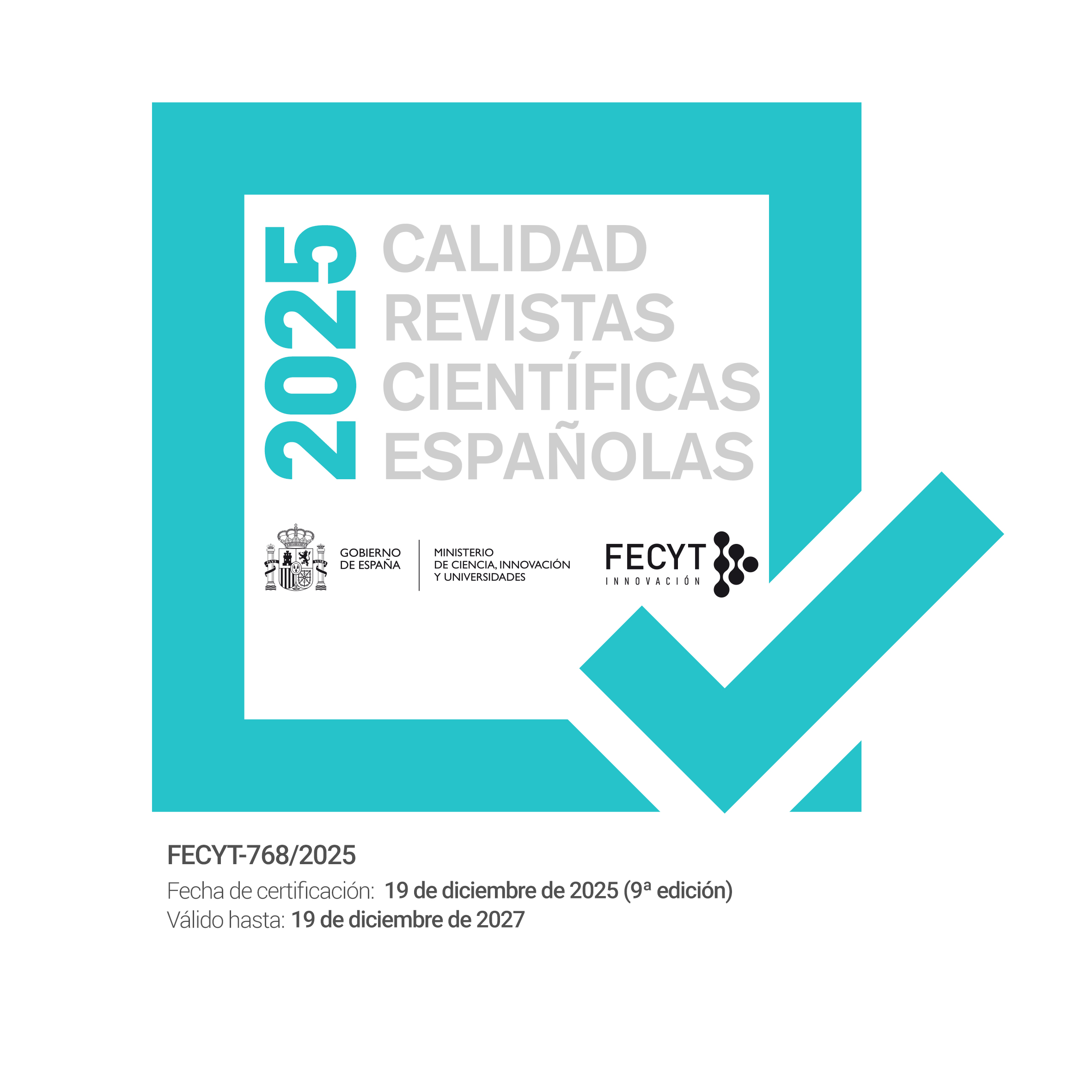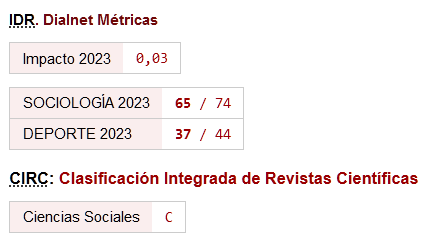Karada de oboeru: the social learning of the fundamentals of Kendo
DOI:
https://doi.org/10.46661/socioldeporte.7508Keywords:
ethography, martial arts, habitus, budoAbstract
The body as a support of integrated somatic exprience with the mind has been studied in martial arts, but rarely in kendo (contemporary Japanese fencing), even less from a empirical standpoint regarding how it is performed in common practice. The ethnographic method was used during a period of special training at a dojo in Madrid (Spain), focusing on the interpretation of the learning of different kinds of fundamentals of kendo (kihon). It was observed that the “kendistic” habitus is shaped by interacctions among their participants which reinforce internal heirarchies and roles, the respect for procedural ettiquete (reigi) and the development of proper kihon fitting each practitioner. These elements are unfied through constant repetition which derived into a factual union of thought and corporeal action.
Downloads
References
Beauchez, Jérôme. 2019. "Embodying combat: How boxers make sense of their 'conversations of gestures'." Ethnography 20 (4): 483-502.
https://doi.org/10.1177/1466138118769939
Bennett, Alexander C. 2015. Kendo: Culture of the sword. California: University of California Press.
https://doi.org/10.1525/9780520959941
Bennett, Blake C. 2016. "Seishin and power: The historical and sociocultural influences on rugby coach pedagogy in Japanese and New Zealand secondary schools.". Tesis de doctorado no publicada, University of Catenbury.
Bennett, Blake. 2020. "The video coach-Reflections on the use of ICT in high-performance sport." International Sport Coaching Journal 7 (2): 220-228.
https://doi.org/10.1123/iscj.2019-0048
Benesch, Oleg. 2020. "Olympic samurai: Japanese martial arts between sports and self-cultivation." Sport in History 40 (3): 328-355.
https://doi.org/10.1080/17460263.2020.1739739
Donohue, John J. 1990. "Training halls of the Japanese martial tradition. A symbolic analysis of budo dojo in New York." Anthropos: 55-63.
Habkirk, Scott. 2016. "Touch, martial arts, and embodied knowledge." COMPASS 2 (1): 1-9.
https://doi.org/10.29173/comp45
Honda, Satoru. 2012. Kendo. Approaches for All Levels (versión Kindle). Japón: Bunkasha International Corporation.
Johnson, John A., y Peter Ha. 2015. "Elucidating pedagogical objectives for combat systems, martial arts, and combat sports." Ido Movement for Culture. Journal of Martial Arts Anthropology 4 (15): 65-74.
Koerner, Swen, and Mario S. Staller. 2020. "Coaching self-defense under COVID-19: Challenges and solutions in the police and civilian domain." Security Journal: 1-15.
https://doi.org/10.1057/s41284-020-00269-9
Lachina, Evgenia. 2018. "Conquering the world: The 'Martial'power of Japan goes global." The International Journal of the History of Sport 35 (15-16): 1510-1530.
https://doi.org/10.1080/09523367.2019.1618836
Mullis, Eric C. 2013. "Martial somaesthetics." Journal of Aesthetic Education 47 (3): 96-115.
https://doi.org/10.5406/jaesteduc.47.3.0096
Nakazawa, Yuhi, and Inoue, Seiji. 2014. "Views on training in Kendo and learning theory for education of the body." 体育・スポーツ科学研究 14.
Salmon, Geoff. 2013. Kendo: A comprehensive guide to Japanese swordsmanship. Vermont: Tuttle Publishing.
Sánchez García, Raúl. 2008a. "Análisis etnometodológico sobre el dinamismo del habitus en Bourdieu y Elias dentro del desarrollo de actividades corporales." Revista Española de Investigaciones Sociológicas (Reis) 124 (1): 209-231.
https://doi.org/10.2307/40184911
Sánchez García, Raúl. 2008b. "Habitus y clase social en Bourdieu: una aplicación empírica en el campo de los deportes de combate." Papers. Revista de Sociologia 89: 103-125.
https://doi.org/10.5565/rev/papers/v89n0.750
Sparkes, Andrew C. 2017. "Researching the senses in physical culture and producing sensuous scholarship: Methodological challenges and possibilities." En Seeking the Senses in Physical Culture, editado por Andrew C. Sparkes, pp. 174-197. Oxon: Routledge.
https://doi.org/10.4324/9781315657585-10
Stark, Ripley, and Nisha Sajnani. 2020. "Embodied Methodology for Studying Somatic Mindfulness". DOI: 10.13140/RG.2.2.18223.36001.
Tuckett, Jonathan. 2016. "Kendo: Between" religion" and" nationalism"." Journal for the Study of Religions and Ideologies 15 (44): 178-204.
Vaittinen, Anu M. 2017. "Mixed martial arts coaches and sensory pedagogies." En Seeking the Senses in Physical Culture, editado por Andrew C. Sparkes, pp. 157-173. Oxon: Routledge.
https://doi.org/10.4324/9781315657585-9
Wacquant, Loïc. 2006. "The social logic of sparring: On the body as practical strategist." En Physical culture, power, and the body, editado por Jennifer Hargreaves y Patricia Vertinsky, pp. 142-157. Oxon: Routledge.

Published
How to Cite
Issue
Section
License
Copyright (c) 2022 Sebastián Franciso Chávez Hernández

This work is licensed under a Creative Commons Attribution-NonCommercial-ShareAlike 4.0 International License.









